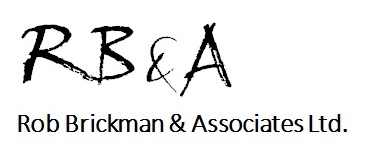
Many years ago, I had an elderly math teacher whose lasting legacy (beyond his ability to bring competence to even the dimmest math student) was to impart a level of cynicism to every interaction. When confronted with a "dog ate my homework" tale from one of his young disciples, Mr H would listen, smile knowingly and then recite his favorite homily; "Of course I believe you. I believe everybody…but I trust nobody".
I was reminded of Mr. H recently when a client expressed concerns about the cultural aspects of a number of its outsourcing contracts. As the buyer of industrial services from third parties, this company works under extremely tight deadlines in a highly regulated business environment. A missed service commitment by a sub-contractor is not just a cause for finanicial concern, it has the potential to put lives at risk. So establishing the right culture with its providers, one based on trust and shared destiny, is critical. Here are six areas where I recommended greater focus:
- Relationship Alignment – how does each provider demonstrate its alignment with your core values, operating priorities, acceptable levels of enterprise risk, policies etc? How do you convey these tenets to providers…especially when your business changes?
- Sourcing Strategy Alignment – do the services, deliverables and terms of provider contracts align with the sourcing strategy you have at an enterprise-level? For example, if what you're buying is a complex service like project management, do you demand "value creation" and not simply "value exchange" from the provider?
- Leadership Style/Voice of the Buyer – are you demonstrating a consistent and effective leadership style or "voice" with providers? How do you adapt that leadership style to changing circumstances?
- One Team/Harmonized delivery – what do you do to ensure seamless, harmonized delivery of services, whether tasks are performed by your retained team or the providers? How do you foster a “One Team” culture when working with providers?
- Enterprise Risk/Brand Risk – How do you anticipate, measure and mitigate risk to your brand from the actions of third party providers?
- Customer Satisfaction/Customer Experience – how does each provider contribute to your organization's level of customer satisfaction with your own customers? How do you measure this. Do you reward vendor contributions to customer satisfaction?
Having a structured framework for outsourcing governance will typically allow your organization to anticipate these issues and allow it to evolve from "trusting nobody" to putting solid foundations of trust in place.
